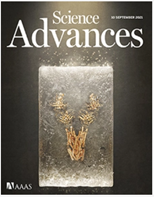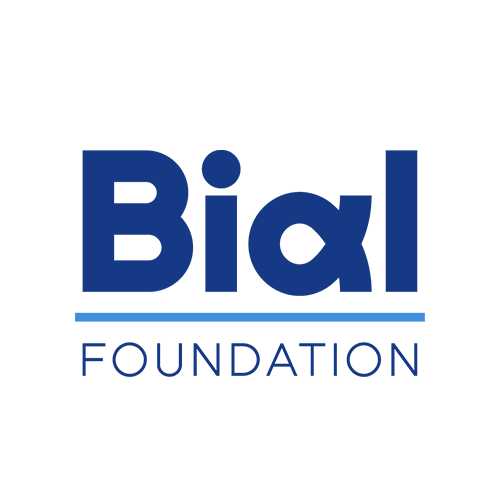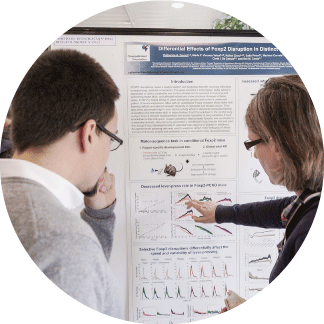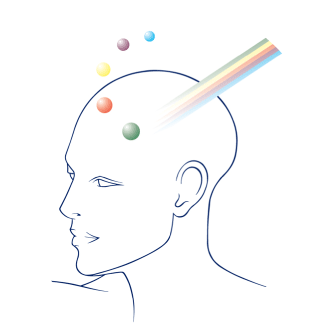News
Top Stories

Dream and daydream: differences and similarities
Did you know that daydreams reflect events from the previous two days and “night” dreams resemble a fictional plot?

Does your dog have social skills?
A study suggests that viewing the owner’s face works as a positive social reinforcement for dogs. Learn more about this and other surprising results about “man’s best friend”.
News

The impact of neuromodulators on exploitative and exploratory actions
Dichotomous dopaminergic and noradrenergic neural states mediate distinct aspects of exploitative behavioral states is the more recent paper stemming from the research project 413/14 - The role of dopamine in behavioral exploration and action selection led by the principal investigator Aaron Koralek and supported by the BIAL Foundation.

University of Lisbon awards Doctor Honoris Causa degree to Luís Portela
The Chairman of the BIAL Foundation, Luís Portela, was distinguished with the degree of Doctor Honoris Causa, awarded by the University of Lisbon, under a proposal from the Faculty of Medicine. The ceremony took place on September 9, in the Salão Nobre of the Rectory of the University of Lisbon, and can be watched on the University’s Youtube.

The reward value of the owner’s face for dogs
In the scope of project 169/16 - The potential effect of behavioral stimulation on social competence in dogs (via endogenous oxytocin release), supported by the BIAL Foundation, Anna Kis published the paper The implicit reward value of the owner’s face for dogs in the journal iScience.





